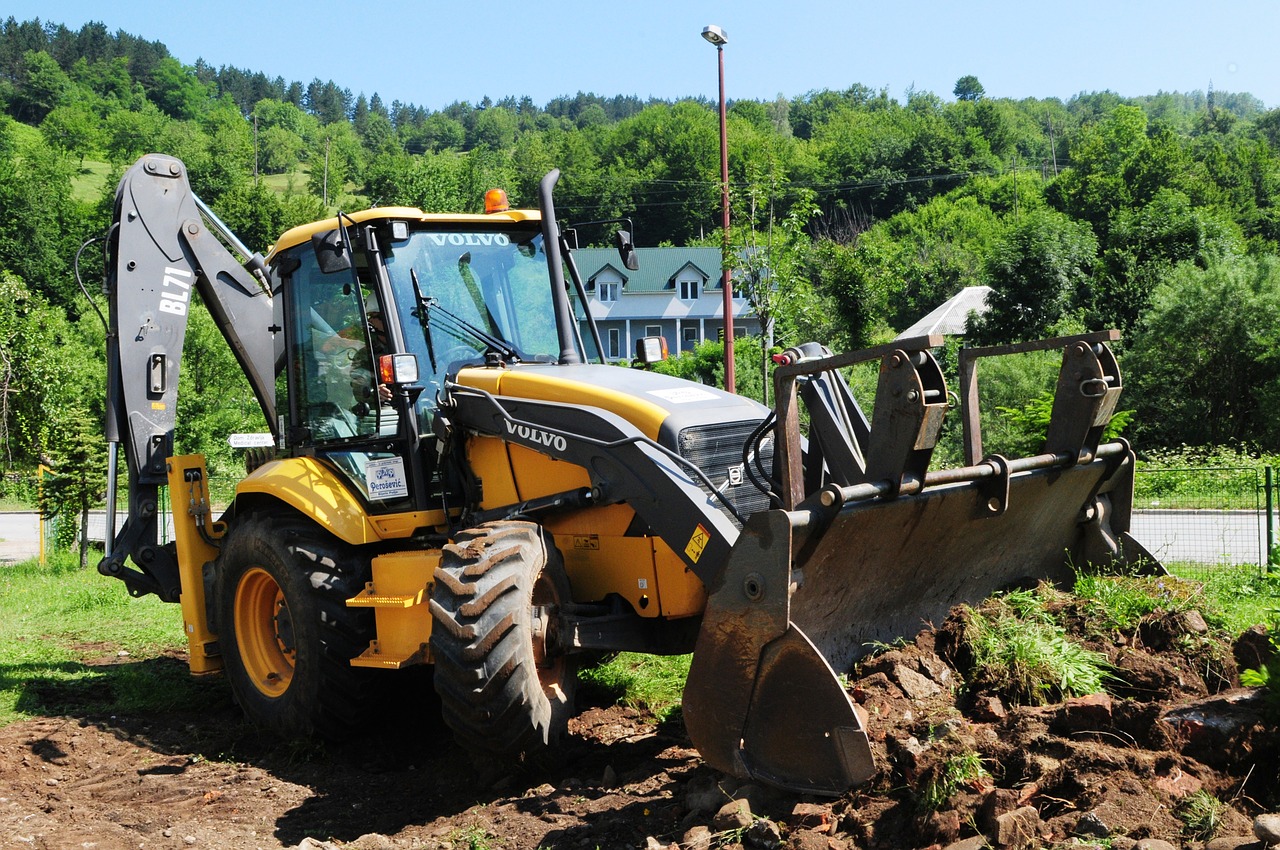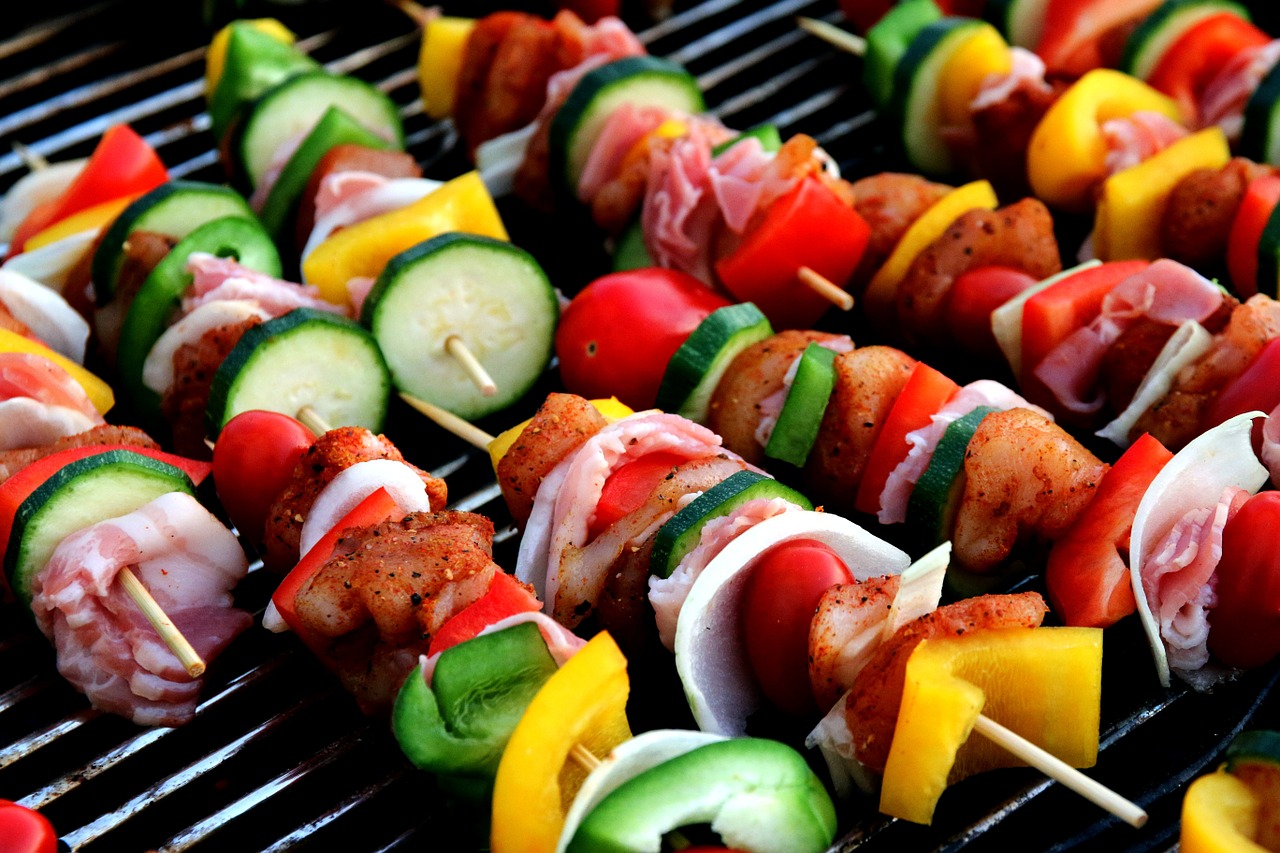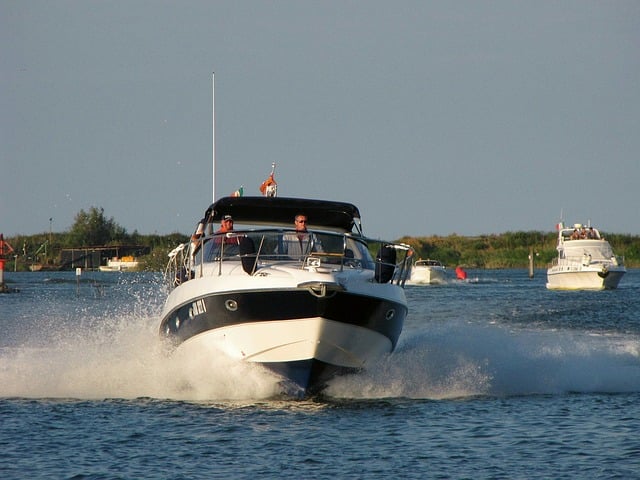The trees in your yard can enhance your property, provide shade and offer abundant environmental benefits. However, trees can also pose a safety hazard to your family and your home if they are not properly inspected and maintained.
Trees can present a particularly significant danger during a storm. Wind, lightning, snow and ice can all transform a tranquil row of trees into an imminent threat to your property. Proper tree maintenance involves more than pruning and trimming overgrown branches. These are some of the key steps you can take to protect your trees and prevent them from becoming a safety hazard.
Read more
“811” number makes it easy to Call Before You Dig.
 One Number for All States
One Number for All States
811 is the national “Call Before You Dig” phone number designated by the Federal Communications Commission. This number was developed to eliminate the confusion of multiple “Call Before You Dig” numbers because it is easy to use, remember and it is the same for every state.
Why Call 811?
It is important to call 811 before digging so that professional excavators and do-it-yourself homeowners are aware of any underground lines buried in the area. This information can help protect people who dig from injury, expense and penalties. Damages to underground lines can disrupt service to an entire neighborhood, harm diggers and cost diggers fine and repair costs. Hopefully this number will increase awareness and create a positive behavioral change.
What Happens After Calling 811?
Similar to the current “Call Before You Dig” numbers, all 811 calls will be routed to a local One Call Center and the affected utilities. The utility will then send crews to the location to mark any underground lines for free.
Do Most People Call Before They Dig?
Believe it or not, the answer is “no.” According to a recent national survey, roughly half of all Americans are “active diggers,” yet only one-third have called to get their utility lines marked.
How Is 811 Being Promoted?
The Common Ground Alliance (CGA) is an organization created in 2000 to prevent damage to underground infrastructure, reduce service disruptions, save lives and improve safety practices industry-wide. The national 811 number provides a once-in-a lifetime opportunity to focus national attention on the importance of calling before digging. CGA is working with its members, sponsors and national launch partners to increase awareness about calling 811 before digging.
More Information
For more information about the 811 call system, visit http://www.call811.com. To download the most current industry Best Practices in connection with preventing damage to underground facilities, go to http://commongroundalliance.com/.
†Source Common Ground Alliance, 2010 Damage Information Reporting Tool (DIRT) Annual Report(pdf)
The information on this site is general in nature. Any description of coverage is necessarily simplified. Whether a particular loss is covered depends on the specific facts and the provisions, exclusions and limits of the actual policy. Nothing on this site alters the terms or conditions of any of our policies. You should read the policy for a complete description of coverage. Coverage options, limits, discounts and deductibles are subject to availability and to individuals meeting our underwriting criteria. Not all features available in all areas.
Read more
 Many Americans fire up the grill when the weather is warm, especially during summer holidays and family get-togethers. This adds up to more than three billion barbecues a year. But serious accidents can occur without proper precautions.
Many Americans fire up the grill when the weather is warm, especially during summer holidays and family get-togethers. This adds up to more than three billion barbecues a year. But serious accidents can occur without proper precautions.
Here are some important tips to help you keep danger away when you are enjoying food and fun:
Choose a safe location for your grill. According to the National Fire Protection Association, more than one-quarter (27%) of home structure fires involving grills started on a courtyard, terrace or patio and 29% started on an exterior balcony or open porch.* Keep grills on a level surface more than 10 feet away from the house, garage, deck rails or other structures. Keep away from children, pets, landscaping and overhanging branches. Grills should not be used on a balcony or under an overhang.
Grill outside only! Never use a grill in a garage, vehicle, tent or other enclosed space, even if ventilated, due to risk of harmful carbon monoxide buildup.
Keep gas grills and supplies safe. Always store gas grills – and propane tanks – outside and away from your house. Turn off valves if the odor of gas is detected or when not in use. Check at least annually for leaks in the connections.
Use the right fuel the right way. While starting and maintaining the flame in a charcoal grill can be challenging, avoid shortcuts. Only use starter fluids intended for these grills. Never use gasoline or too much starter fluid. If the fire is too low, rekindle with dry kindling and more charcoal if needed. Avoid adding liquid fuel because it can cause a flash fire. Do not leave grill unattended.
Do not forget post-grilling safety. Keep your grill clean by removing grease or fat buildup from the grills and in trays below the grill. If using a charcoal grill, dispose of coals by soaking them in water to let them cool completely and placing them in a closed metal container away from your home, garage or deck. Be aware that grills themselves remain hot long after extinguished.
Read more
 Milder days offer a prime opportunity for spring cleaning and home maintenance. After a long winter, be sure to spend some time on preventive measures that will help maintain your home and property all year long. From cleaning out your gutters and checking for dead trees and branches, to cleaning and inspecting your home mechanical systems such as your heating and air conditioning equipment, we offer ways to help make spring a season of safety.
Milder days offer a prime opportunity for spring cleaning and home maintenance. After a long winter, be sure to spend some time on preventive measures that will help maintain your home and property all year long. From cleaning out your gutters and checking for dead trees and branches, to cleaning and inspecting your home mechanical systems such as your heating and air conditioning equipment, we offer ways to help make spring a season of safety.
Inside Your Home
- Check your electrical outlets for potential fire hazards, such as frayed wires or loose-fitting plugs. Make sure outlets, fuse boxes and extension cords are not overloaded.
- Move your multi-purpose fire extinguisher to an accessible place, and make sure it is filled and ready for operation.
- Have your air-conditioning system inspected by a professional as recommended by the manufacturer.
- Check your water heater for leaks and corrosion.
- Clean or replace your furnace filter.
- Clean the clothes dryer exhaust duct and space under the dryer. Remove all lint, dust, and pieces of material.
- Inspect your smoke detectors. Make sure there is one on each floor of your home. Test them monthly, and change the batteries annually or as needed.
- Check the light bulbs in all your fixtures. Be sure they are the correct wattage as recommended by the manufacturer.
- Replace all high-intensity bulbs with fluorescent bulbs. Other types of bulbs, like incandescent, produce more heat than fluorescent bulbs.
Outside Your Home
- Check for damage to your roof.
- Clean gutters and downspouts to keep debris from accumulating.
- Remove dead trees in your yard.
- Keep healthy trees and bushes trimmed and away from utility wires.
- Safely store oil and gas for lawn equipment and tools in a vented, locked area.
- Repair cracked, broken or uneven driveways and walkways to provide a level walking surface.
Read more

Does your mom nurture, care and love you through thick and thin? Show her how much you care by giving her a life insurance policy for Mother’s Day.
Life insurance is not the first gift that comes to mind when you want to honor your mm, but it’s a practical gift that won’t die like a floral bouquet, and it gives her something she can really use, unlike yet another nightgown. Life insurance also gives your precious mom peace of mind since the policy funds can be used to pay for her funeral expenses and any outstanding bills. Consider this affordable investment as you decide how to honor your mom and repay her a little bit for all the investments she made in you over the years.
How Much Will it Cost?
The cost of life insurance policies varies from person to person. You can’t put a price on your mom’s peace of mind, but do consider several factors that typically affect the cost of life insurance. These factors include:
Health: A healthy adult will pay lower life insurance premiums. The same principle applies to non-smokers. Some companies require a medical exam to determine the insured health conditions, but others do not.
Gender: Policies for women typically cost less than policies for men. That’s because women tend to outlive men by five or more years, which makes them less of a risk and thus cheaper to insure.
Coverage Needs: Higher coverage amounts mean higher premiums. So if your mom is the primary income earner in her household, you’ll want to purchase a life insurance policy with higher coverage.
Age: Older premium holders will often pay more for their life insurance policy.
Risk: People who work or engage in a high-risk or dangerous occupation or hobby will pay more for life insurance.
Check with your insurance agent to discuss the life insurance policy options for your mom. Then choose a policy that’s right for her needs. While it’s an unconventional Mother’s Day gift, it’s one way you can honor your mother today and for years to come.
Read more
 We advise boaters to take necessary precautions to be safe during the summer season, the time of year when boat accident claims increase in frequency, according to an analysis of claims incidence at Travelers, a leading provider of boat and yacht insurance.
We advise boaters to take necessary precautions to be safe during the summer season, the time of year when boat accident claims increase in frequency, according to an analysis of claims incidence at Travelers, a leading provider of boat and yacht insurance.
“Substantially more people are on the water during the summer, so that is the time boaters should be extra careful to protect their family, friends and watercraft from a loss,” said Tony Scurich of Scurich Insurance. “It’s also a good time to review your boat and yacht insurance with an independent agent to be sure you have adequate coverage.”
We recommend the following boat safety tips:
- Wear a life jacket: 80 percent of drowning victims were not wearing a PFD (Personal Flotation Device) or life jacket. Most states require that children under a certain age wear a life jacket and that every boat be equipped with one life jacket per passenger.
- Take a boating course: Even if your state does not mandate the completion of a boating course prior to obtaining your boating license, both you and your passengers will benefit from a formalized course. To learn more about boating safety classes, visit http://cgaux.org/boatinged.
- Schedule a vessel safety check: The Coast Guard auxiliary offers free safety checks. For more information, visit www.vesselsafetycheck.org/getvsc or http://www.uscgboating.org/default.aspx.
- Equip your boat with an emergency kit and be familiar with how to use each of the items. Travelers recommends including the following: fire extinguisher, first aid kit, visual distress signal and/or a Coast Guard-approved throwable PFD, such as a life ring or a horseshoe. Organize an emergency plan and make sure that passengers are familiar with it. Remember to test equipment and be knowledgeable of the suggested guidelines for usage and replacement.
- Be prepared for the weather: Check the weather forecast before going on the water and be equipped for changes.
- Know where you are: The Coast Guard recommends having charts, a GPS (Global Positioning System) and a reliable means of communication on board.
- Know how to contact the Coast Guard: Marine radio is the preferred method to communicate on the water because it broadcasts to other boaters in the vicinity. If using a cell phone on the water, test it for a maritime emergency by dialing *CG (*24). There is no charge or penalty for calling to test the signal.
- Do not drink and drive: According to the Coast Guard, a boat operator with a blood alcohol level of .10 percent is 10 times more likely to be killed in a boating accident than a boat operator with a blood alcohol level of zero. Operating a boat while drinking is illegal in several states. Remember that the effects of alcohol are exacerbated when combined with sun exposure and being on the water.
Established in 1924, Scurich Insurance is an independent insurance agency offering a full range of insurance products including Auto, Home, Life, and more…
For information and quotes on insurance coverage, please visit
Scurich Insurance at 320 East Lake Avenue, Watsonville, CA 95077-1170 or call (831)-722-3541.
About Travelers
The Travelers Companies, Inc. (NYSE: TRV) is a leading provider of property casualty insurance for auto, home and business. The company’s diverse business lines offer its global customers a wide range of coverage sold primarily through independent agents and brokers. A component of the Dow Jones Industrial Average, Travelers has operations in the U.S., Canada, U.K. and Ireland. For more information, visit www.travelers.com.
Read more




 Milder days offer a prime opportunity for spring cleaning and home maintenance. After a long winter, be sure to spend some time on preventive measures that will help maintain your home and property all year long. From cleaning out your gutters and checking for dead trees and branches, to cleaning and inspecting your home mechanical systems such as your heating and air conditioning equipment, we offer ways to help make spring a season of safety.
Milder days offer a prime opportunity for spring cleaning and home maintenance. After a long winter, be sure to spend some time on preventive measures that will help maintain your home and property all year long. From cleaning out your gutters and checking for dead trees and branches, to cleaning and inspecting your home mechanical systems such as your heating and air conditioning equipment, we offer ways to help make spring a season of safety.
